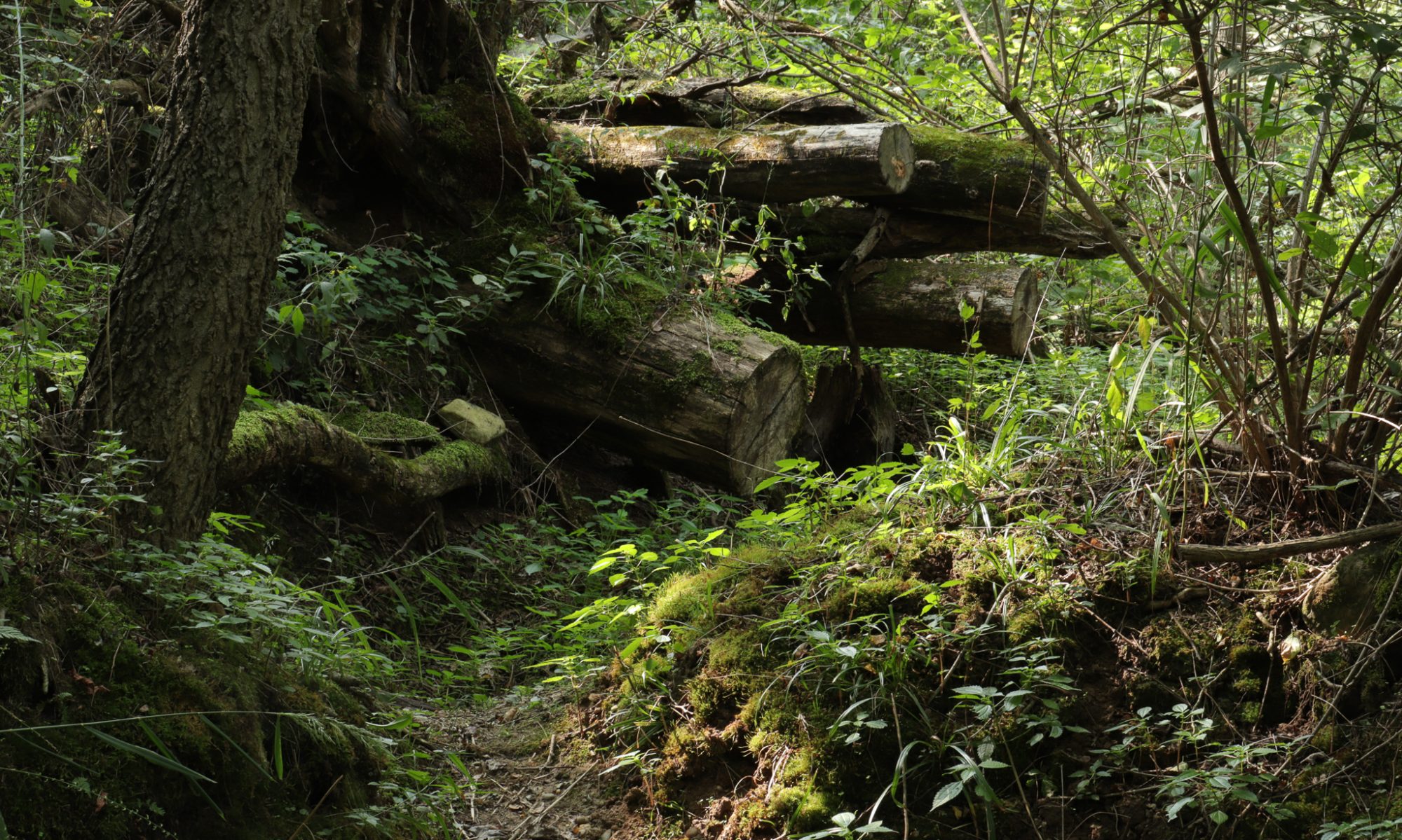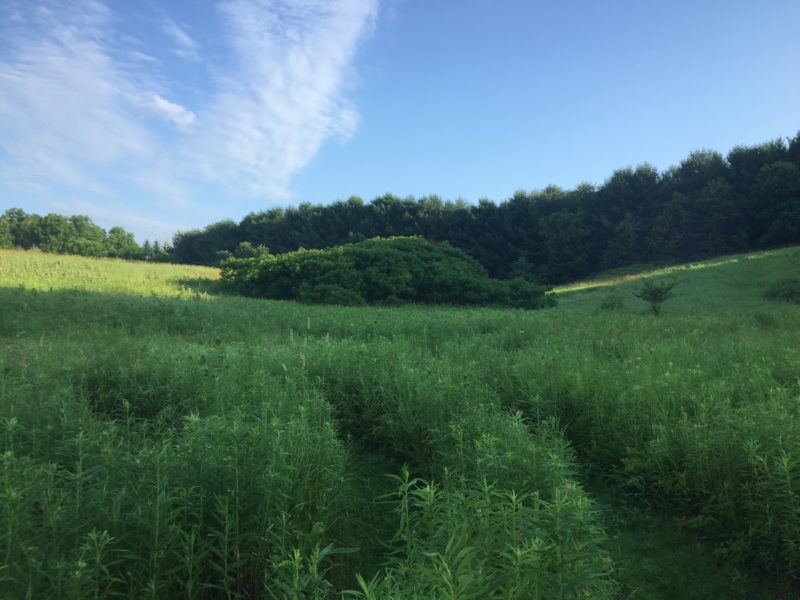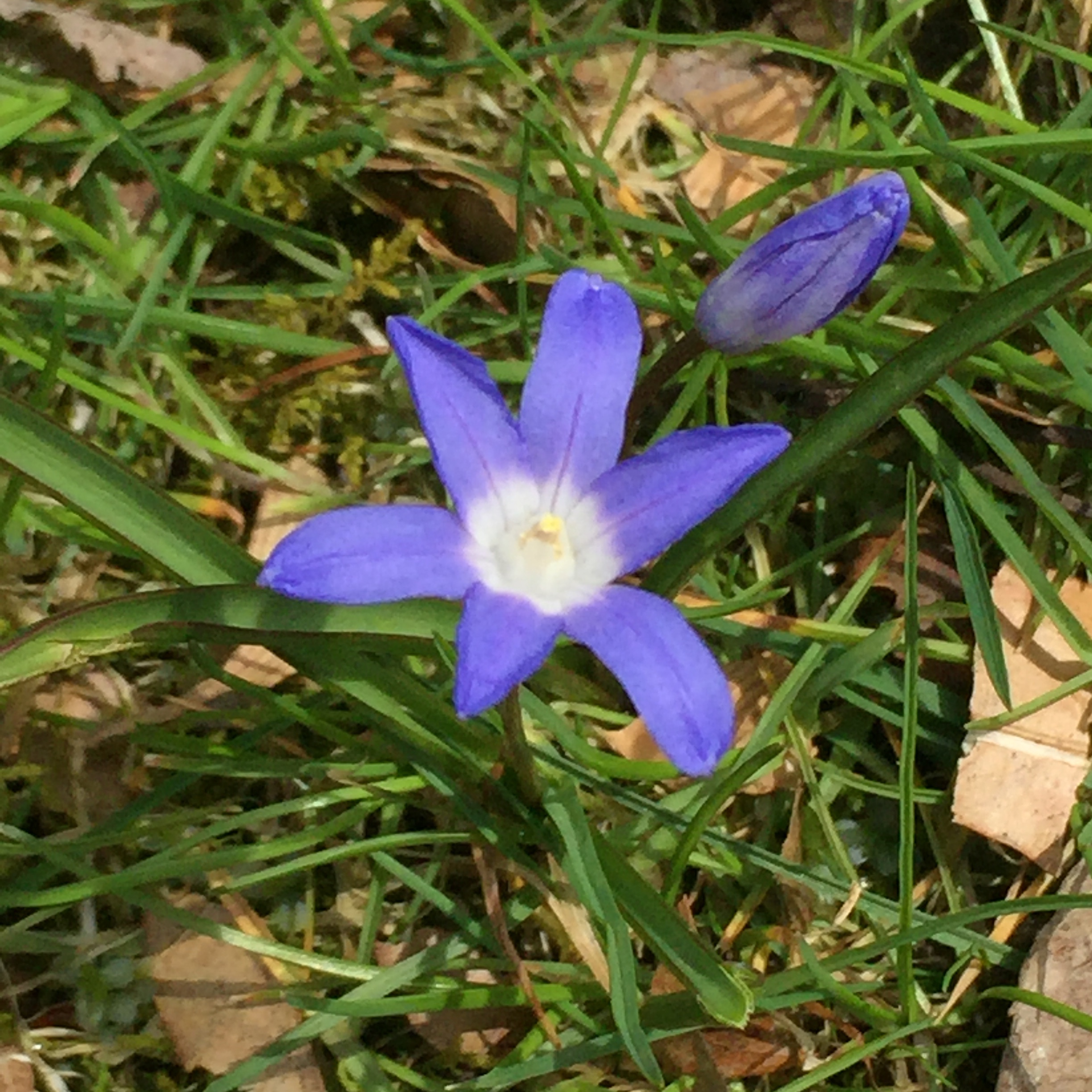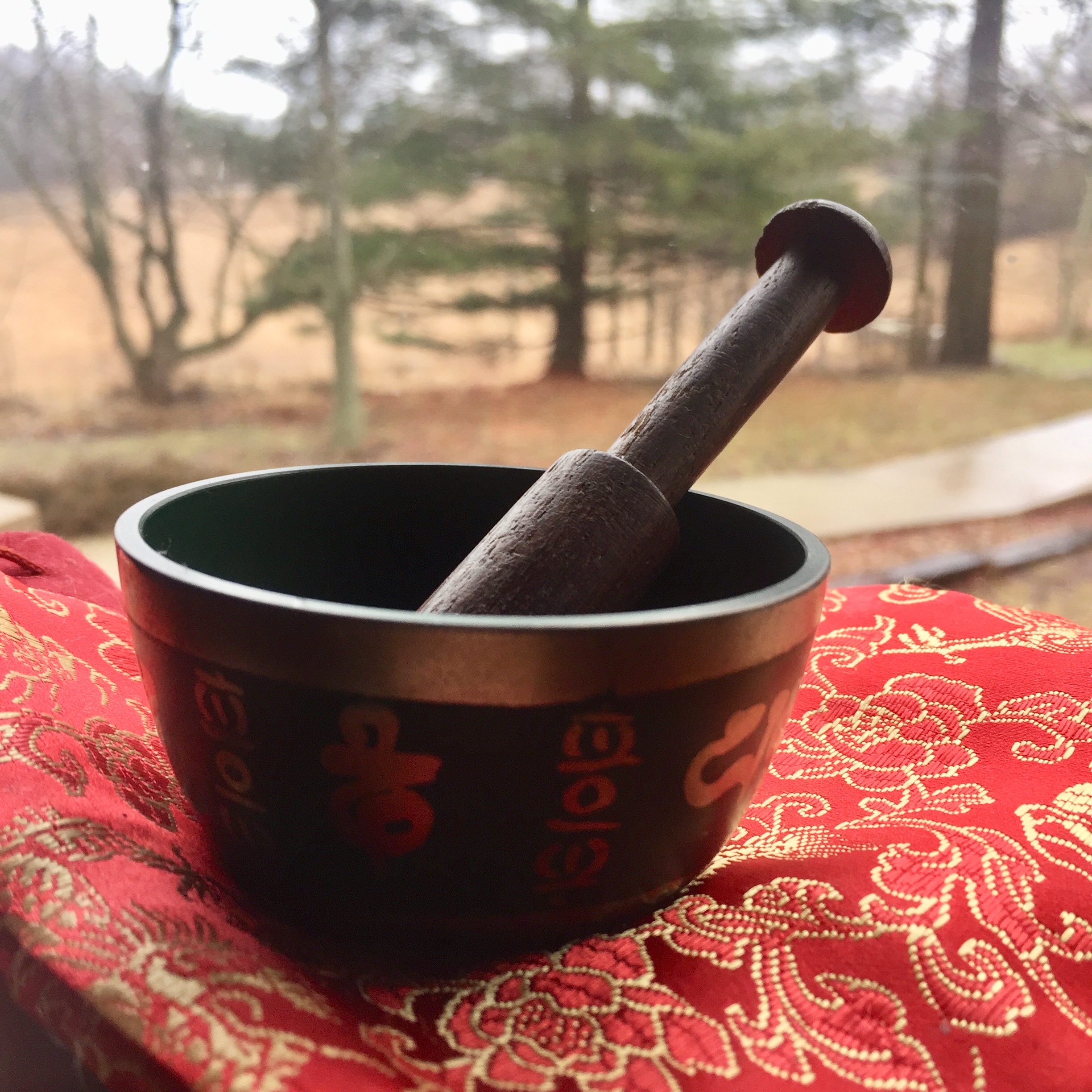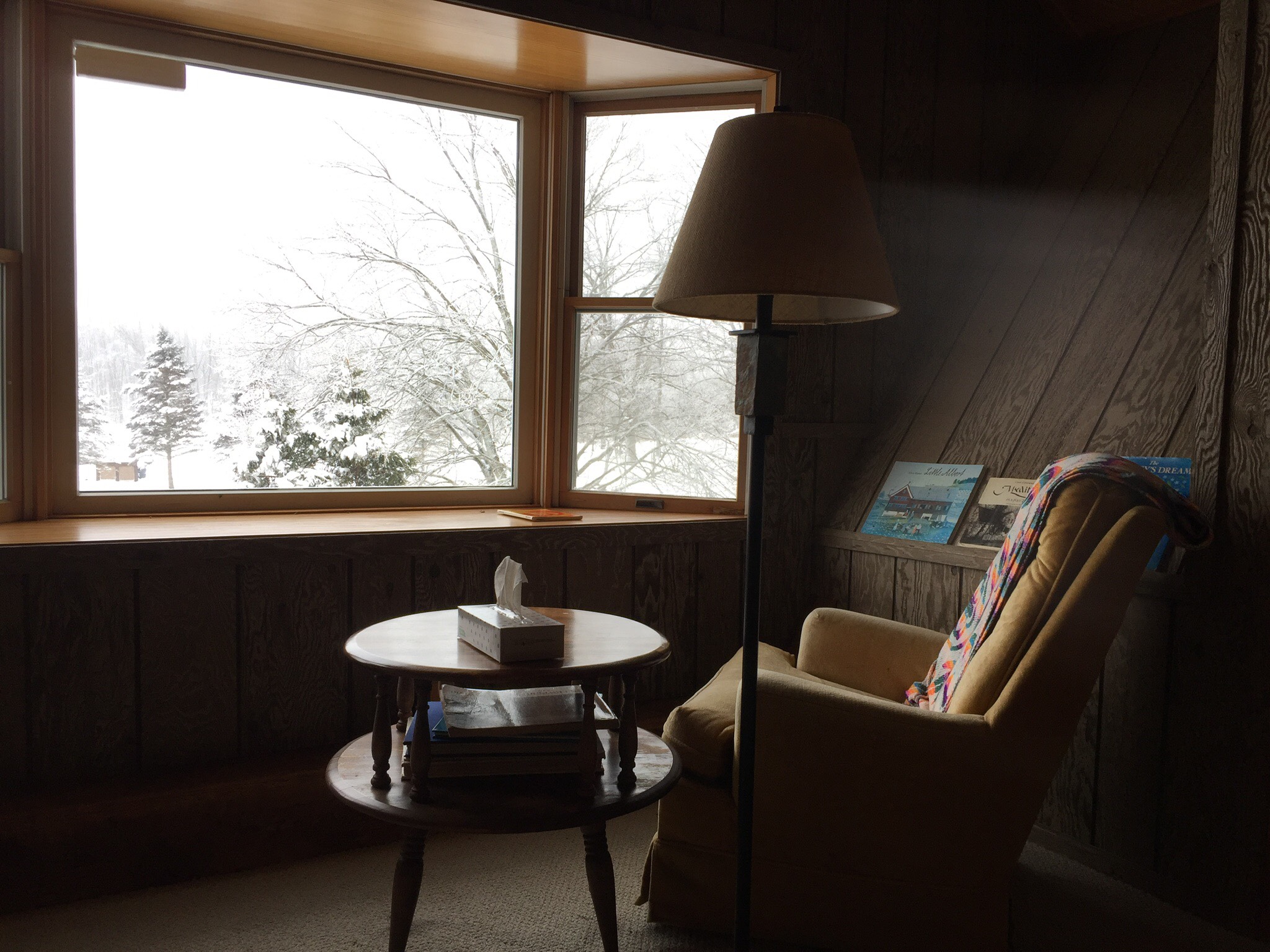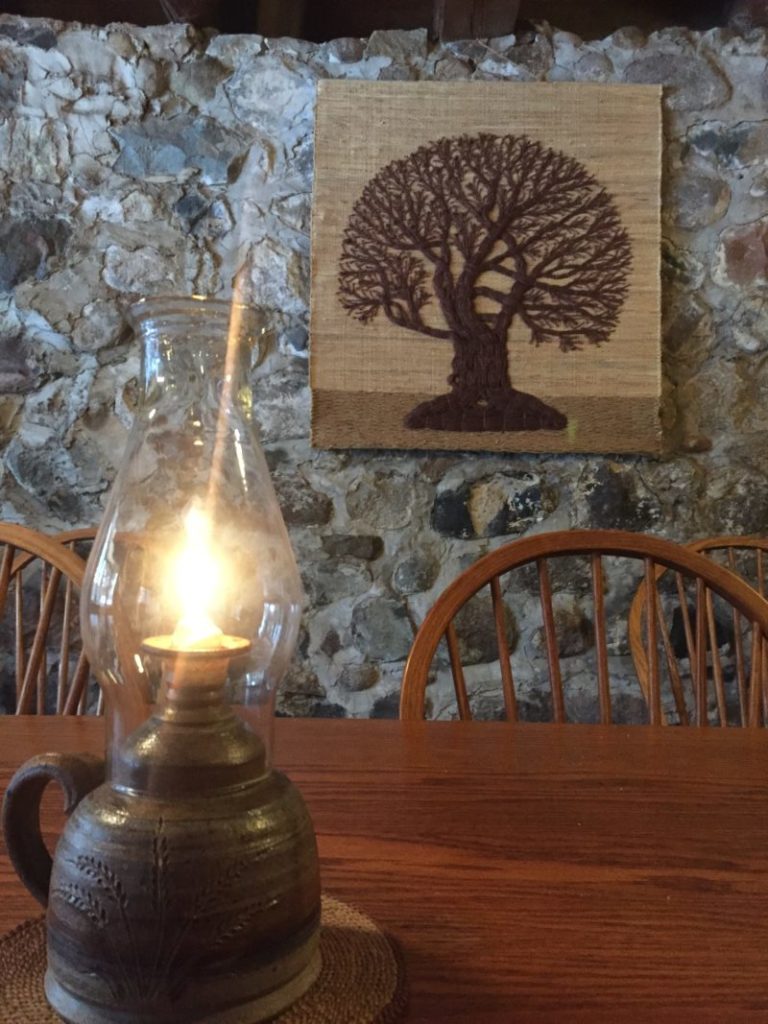One of the invitations the Hermitage extends for guest and staff alike is the invitation to stop and notice. Sometimes if feels like there is so much to notice here that it is hard to know where to focus your attention. Like many others, I’ve found the camera has become a wonderful tool that encourages me to be attentive, to slow down, to notice. And this extends not only to taking the picture, but then also going back to it, again and again, and pausing and noticing new things with each view.

This practice of contemplative photography, and increasingly for me, contemplative video making is a way to both open ourselves to receive what is there in front of us, but also a way to participate in creation. It is not only capturing pictures, but receiving the moment and reflecting on what the scene might have to teach you.
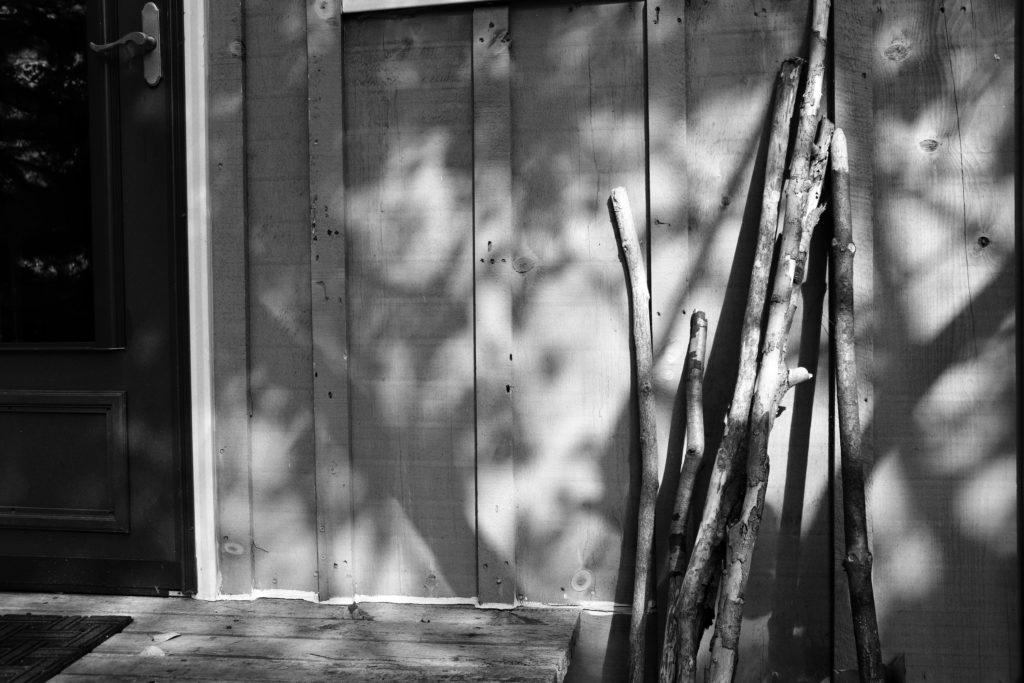
I encourage people to consider spending some time at the Hermitage with their camera (which is often simply grabbing your phone) and head out with an expectant heart and open eyes and see what God might have to show you.

